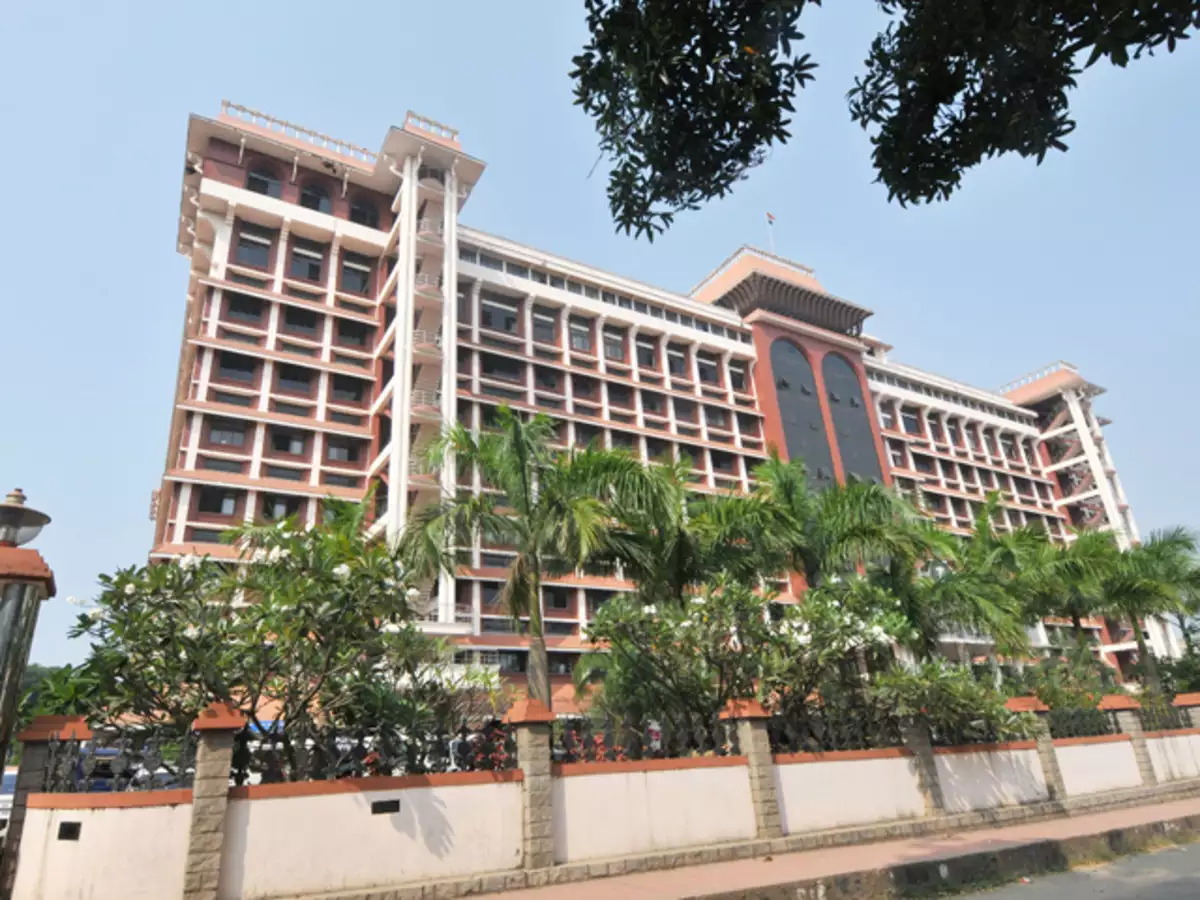Headload Workers Act A Relic Of The Past : Kerala High Court
Hannah M Varghese
10 Dec 2021 6:41 PM IST

Next Story
10 Dec 2021 6:41 PM IST
The Kerala High Court while hearing a matter of a firm seeking police protection for its staff from the obstruction caused by headload workers in loading and unloading the goods, remarked that the Kerala Headload Workers Act should ideally not be in force in these modern times. During the proceedings, Justice Devan Ramachandran orally remarked that the practice of headload work should have...
